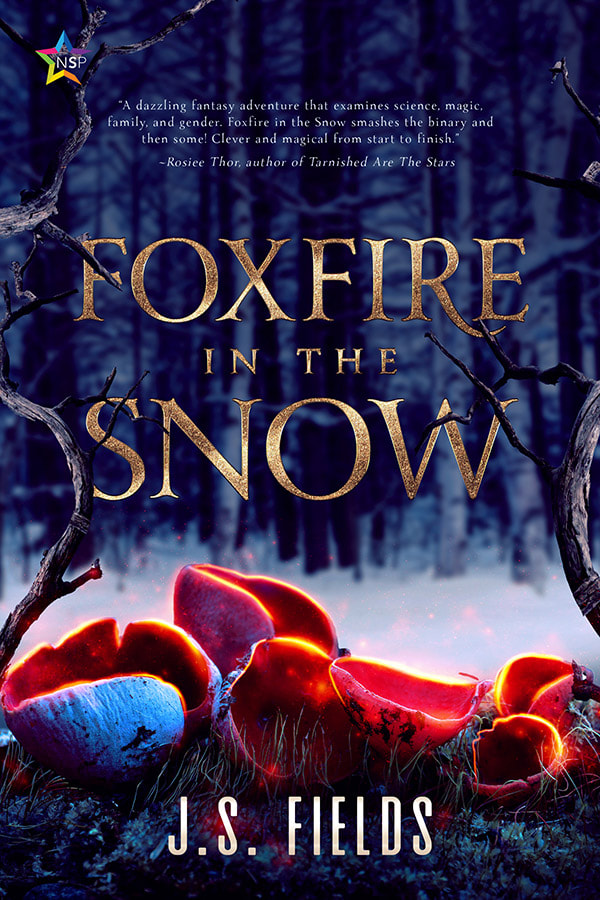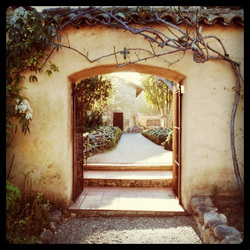- Home
- Circles
- El Corazon
-
Sentries
- The World of Sentries
- Marked Yours (Book #1 of Sentries)
- Together Bound (book #2 of Sentries)
- Chained Hearts (Book #3 of Sentries)
- Collared Souls (Book #4 of Sentries)
- Tethered Pair (Book #5 of Sentries)
- Ringed Love (Book #6 of Sentries)
- Free Read--Take What's Yours
- Free Read: Heart, Home & Hearth
- Free Read: Fox Tails
- Sentries series reviews
- The Sleepless City Shared Universe
- The Vampire Guard
- Edge Jump
- For the Long Run
- High Test
- Whiskey and Moonshine
- Pain and Pleasure
- Strays
- 29 Hours to Eternity
- Subscribe to my Newsletter
- About Me
- Thoughts and Things Blog
- Translations
- Book Bundles
- Free Reads
- My Fan Fiction Collection
- Complete Privacy Policy
|
Blurb:
Born the heir of a master woodcutter in a queendom defined by guilds and matrilineal inheritance, nonbinary Sorin can’t quite seem to find their place. At seventeen, an opportunity to attend an alchemical guild fair and secure an apprenticeship with the queen’s alchemist is just within reach. But on the day of the fair, Sorin’s mother goes missing, along with the Queen and hundreds of guild masters, forcing Sorin into a woodcutting inheritance they never wanted. With guild legacy at stake, Sorin puts apprentice dreams on hold to embark on a journey with the royal daughter to find their mothers and stop the hemorrhaging of guild masters. Princess Magda, an estranged childhood friend, tests Sorin’s patience—and boundaries. But it’s not just a princess that stands between Sorin and their goals. To save the country of Sorpsi, Sorin must define their place between magic and alchemy or risk losing Sorpsi to rising industrialization and a dark magic that will destroy Sorin’s chance to choose their own future.
Excerpt:
The short guard stepped to the doorframe, bit back a grimace, and tried to restart the conversation. “Apologies for the hour. We’re looking for—” “She’s not here.” I cut him off, hoping to forestall awkward questions I couldn’t answer. “She left under the last full moon, for professional obligations. It is unknown when she will return. I apologize.” “Are you her daughter then?” the short one asked. My stomach twisted. I was no one’s daughter, and that word would stick in my chest for days. It would squirm there, under bindings and layers of clothes, and make me second-guess myself at the fair with every introduction and every awkward stare at my body. In that moment, I hated them, these two men, so sure of their position despite the mud and the hour. Daughter. No. I had never been one and had no intention of starting now. “Sorin the…” “The alchemist,” I finished for him. “I am her heir,” I said through gritted teeth when neither responded. “I have the queen’s last commission. Will you be taking it tonight?” The men exchanged a glance, but neither answered. The second man sneezed, sending a spray of water across the threshold. I rubbed my palm on my forehead. If they were going to get the house dirty just by being outside, it made no sense for them to stay there. Bones were one thing; mud was just unprofessional. I stepped back and gestured to the small brown oak dining table—the one with the white streak down it where I’d first discovered what the refined, clear parts of bone oil could do to fungal pigments—and grabbed my cloak from the wall. “Sit,” I said as I fastened the oblong buttons at the neck of the cloak. The men moved in with heavy steps, which grew increasingly hesitant as the fish smell concentrated. They sat and stared at me with disgusted, pained expressions as mud dripped from their boots onto that stupid handmade floor. I’d have to refinish it now. I didn’t bother speaking again. Daughter. Let them sit in the bone oil stink, pooled in their own mud. I turned and left the house, heading to Mother’s woodshop. My feet crunched along the woodchip path, the ground cover damp but still springy. I tried to let the smells of the forest—especially the earthen smell of fungal decay—take my mind away from the word I so hated. The men had parked their cart, and their ox, near the door to the longhouse Mother used for her shop, but I could still maneuver around it. The sun had already set, but moonlight streaked through the needled canopy of conifers and across my path. Ten short steps brought me to the double doors made from cedar plank. I stripped the padlock from the right door, the one that had been fastened since Mother’s departure, and entered. I’d not been inside the shop for a month, and the smell of cedar and wood rot reminded me why. Here were my mother’s heart and legacy, as her father’s before her, and her grandmother’s before that. The whole place felt tattered and used and smelled worse than the bone oil. In the back, near an old leather chair, was where her mother had been born some eighty years ago. To my right, just in front of a treadle lathe, was where my grandfather had died. Mother had birthed her children here too—myself and the son she gave to another guild for an apprenticeship, and taken none of their children in return. The whole building was familiar, like an old wool blanket, but scratchy just the same. This was a legacy of guild woodcutting, and the queen’s mandate of matrilineal inheritance, and I didn’t belong here. A woodcutter was not who I was, a daughter was not who I was, and while the former hurt less than the latter, both made me want to pull at my skin and scream.
Purchase
J.S. is giving away a signed paperback copy of “Ardulum First Don” OR “Ardulum Second Don (winner’s choice), open to anyone, anywhere in the world: a Rafflecopter giveaway
J.S. Fields is a scientist who has perhaps spent too much time around organic solvents. They enjoy roller derby, woodturning, making chainmail by hand, and cultivating fungi in the backs of minivans.
Author Website Author Twitter Comments are closed.
|
Welcome to My World
|
All contents copyrighted 2011-2023
Affiliate, monetized links maybe used on this site.
Affiliate, monetized links maybe used on this site.
- Home
- Circles
- El Corazon
-
Sentries
- The World of Sentries
- Marked Yours (Book #1 of Sentries)
- Together Bound (book #2 of Sentries)
- Chained Hearts (Book #3 of Sentries)
- Collared Souls (Book #4 of Sentries)
- Tethered Pair (Book #5 of Sentries)
- Ringed Love (Book #6 of Sentries)
- Free Read--Take What's Yours
- Free Read: Heart, Home & Hearth
- Free Read: Fox Tails
- Sentries series reviews
- The Sleepless City Shared Universe
- The Vampire Guard
- Edge Jump
- For the Long Run
- High Test
- Whiskey and Moonshine
- Pain and Pleasure
- Strays
- 29 Hours to Eternity
- Subscribe to my Newsletter
- About Me
- Thoughts and Things Blog
- Translations
- Book Bundles
- Free Reads
- My Fan Fiction Collection
- Complete Privacy Policy




 RSS Feed
RSS Feed




